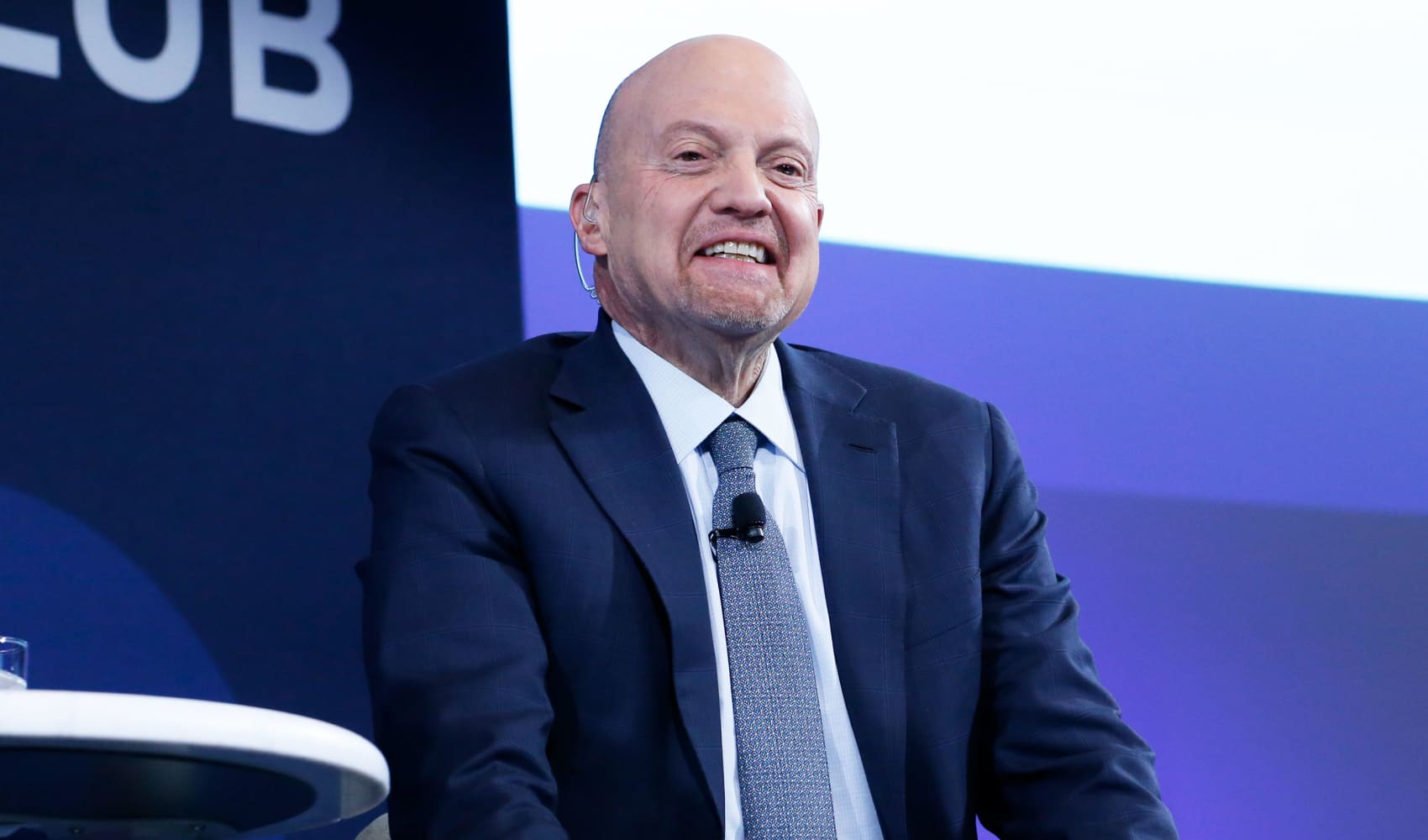
By age 50, retirement-plan provider Fidelity recommends having at least six times your salary in savings in order to retire comfortably at age 67. By age 55, it recommends having seven times your salary.
Don't miss: Highest-ever Amex Gold Card welcome bonus is worth up to $600 in gift cards
Most 50-something Americans aren't on track: As of the first quarter of 2019, those between 50 and 59 years old with a 401(k) had an average balance of $174,100 and were contributing 10.1% of their paychecks. On average, employers were matching 5.1%, putting the total savings rate for this group at 15.2%.
While this group has a high savings rate, by Fidelity's rule, their nest egg may not be big enough: If you earn $50,000 a year, you should have $300,000 in savings by age 50. If you earn $75,000 a year, you should have $450,000 in savings by 50. If properly invested this amount should grow year over year in part thanks to compound interest.
How much should I be saving for retirement?
There's no way to give a blanket answer to the question of how much you should be saving for retirement. It's highly personal and depends on many factors. But for people in their 50s, it's important to take advantage of their peak earning years.
Fidelity recommends saving 15%, and that amount includes contributions from your paycheck as well as any contributions from your company.
Money Report
If you can't save 15% right away, "make sure that you're saving at least enough to get the full match that your employer offers," says Katie Taylor, vice president of thought leadership at Fidelity Investments. Then, "make a commitment to yourself that you're going to increase your contribution by 1-2% every year until you get there," she says, adding:
Fidelity offers a timeline to follow if you want to save 10 times your final salary by 67:
- By age 30: Have the equivalent of your starting salary saved
- By age 35: Have two times your salary saved
- By age 40: Have three times your salary saved
- By age 45: Have four times your salary saved
- By age 50: Have six times your salary saved
- By age 55: Have seven times your salary saved
- By age 60: Have eight times your salary saved
- By age 67: Have 10 times your salary saved
Ultimately, everyone's scenario is different. To help you figure out the right amount to fund your retirement, try using a retirement calculator.
What if I don't have a 401(k)?
According to data analyzed by the Pew Charitable Trusts, 35% of private sector workers over the age of 22 don't work for a company that offers a 401(k) plan. But "don't let that be a deterrent for not saving for the future," says Taylor. "Whether or not you have access to a 401(k), at some point, you will want to retire and you will need to have money saved."
You have plenty of other options, including a traditional, Roth or SEP IRA; a health savings account (HSA) or a normal investment account.
Read up on all of your options, choose an account to fund and start setting aside money for your future today.
Don't miss: How much money Americans have in their 401(k)s at every age
Like this story? Subscribe to CNBC Make It on YouTube!






